Resolution #174
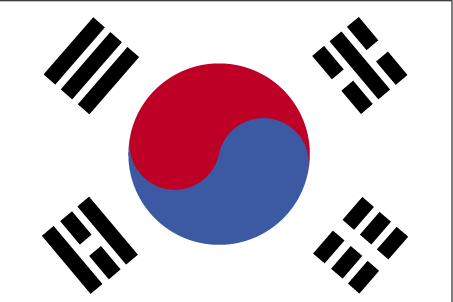 |
The question of returning artifacts to their original countries |
| Committee: SPECPOL | |
| Main Submitter: South Korea | |
| Submitted: 01/04/2022 18:25 |
| Status |
|---|
| Passed cosubmitter sheet validation |
| Approved by approval panel |
| Selected for debate by secretariat |
| Passed by committee (SPECPOL) |
Options
Co-submitters
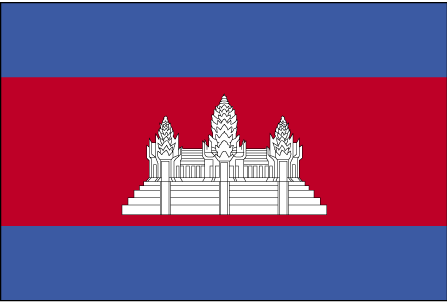 | Cambodia |
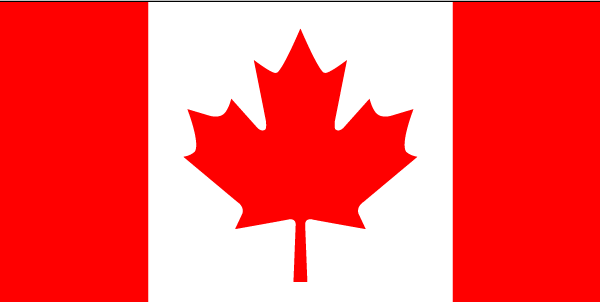 | Canada |
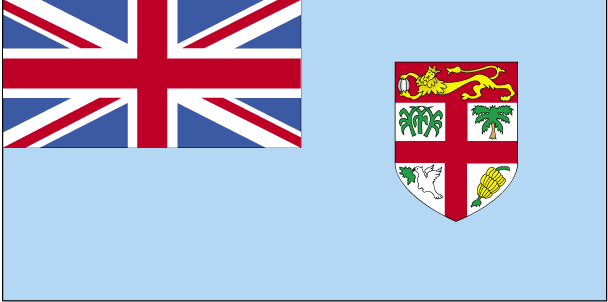 | Fiji |
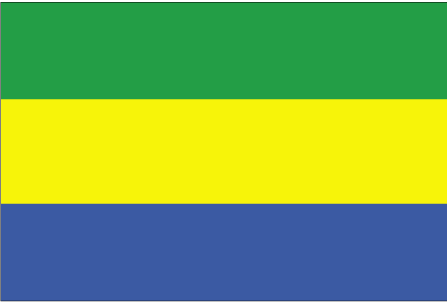 | Gabon |
 | Greece |
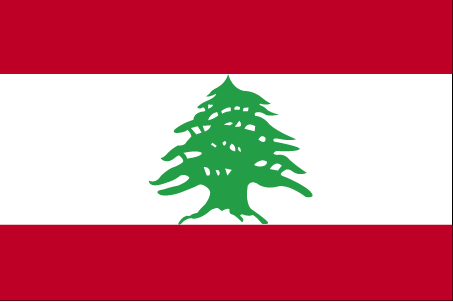 | Lebanon |
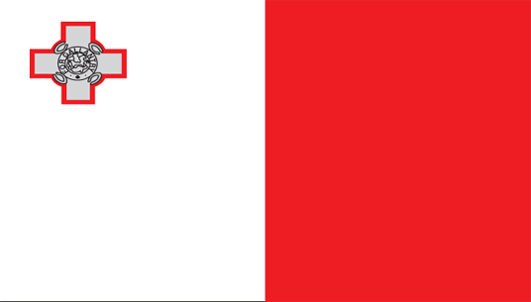 | Malta |
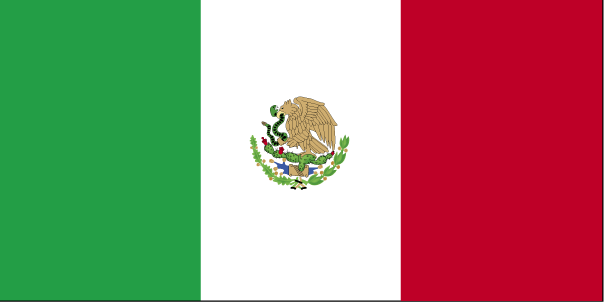 | Mexico |
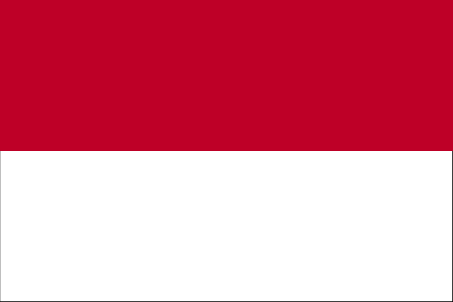 | Monaco |
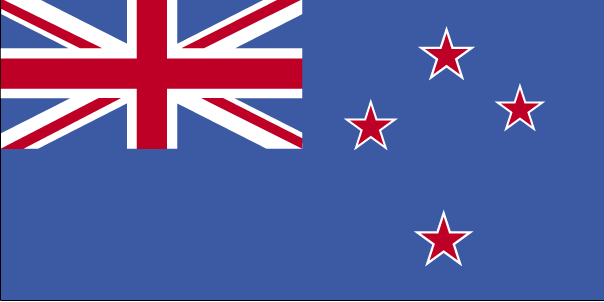 | New Zealand |
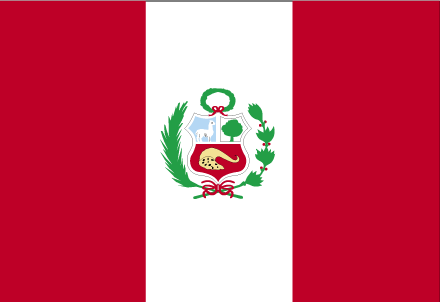 | Peru |
Resolution
Committee: SPECPOL
Question of: Returning artefacts to their original countries
Main submitter: South Korea
Co-submitters: Lebanon, New Zealand, Gabon, Monaco, Fiji, Malta, Canada, Cambodia, Mexico
THE SPECIAL POLITICAL AND DECOLINIZATION COMMITTEE,
Recalling the unanimous resolution of the 44th plenary meeting on 6.12.2021 titled "Return or restitution of cultural property to countries of origin",
Further recalling the 1994 UNIDROIT "Convention on stolen or illegally exported cultural objects",
Aware of the importance to the original countries to the returning of artefacts that are of significant historical, spiritual and cultural value to them, so that they may compose collections of these cultural, historical and spiritual artefacts,
Recognising that the illegal trafficking of artefacts affects all regions of the world and that all countries might be a source, transit or final destination are for these artefacts at the same time,
Commending all Member States, museums and cultural and educational institutions for their efforts to stop the illegal trade and trafficking in artefacts, and welcoming all initiatives for the voluntary return of these artefacts which have been illegally appropriated,
Expressing deep concern about the destruction, theft, loss, illegal removal and export of artefacts from archeological sites, museums, libraries, and any other sites and any intentional damage against these artefacts, including in territories that are occupied, whether international or non-international conflicts,
-
Calls for a bi-annual conference to be held in Geneva, Switzerland between member nations help build connections between these countries in order to:
-
Encourage relations between countries with artefacts of foreign origin and countries from which these artefacts originated,
-
Create diplomatic agreements on the topic of returning these artefacts;
-
-
Requests that any member nations in the possession of a cultural or historical artefact shall return it to its country of origin in cases such as but not limited to;
-
If the artefact in question was obtained unlawfully or unethically,
-
If the country of origin requests the return of the artefact, in which case if the artefact was indeed lawfully and ethically procured, the processor of the artefact will be entitled to a suitable and fair compensation for the return of the artefact,
-
Suggests the World Bank provides funds, overseen by the Intergovernmental Committee for Promoting the Return of Cultural Property to its Countries of Origin or its Restitution in case of Illicit Appropriation (ICPRCPCORIA) within UNESCO, to LEDCs to:
-
Develop appropriate accommodation to house and preserve the artefacts in question, such as national museums or archives,
-
ensure the safe transportation of these artefacts during their return,
-
Restore and repair the artefacts in question
-
Display the artefacts for viewing by locals and tourists;
-
Requests the creation of a public listing of the known artefacts of each member state that are in the possession of a foreign nation, overseen by members of ICPRCPCORIA within UNESCO, and will be available and accessible to the general public, which will be known as the LARA Document (Lost Aboriginal and Reclaimed Artefacts):
-
Endorses the creation of a mass media campaign allowing the general public to know the true scale of the amount of lost patrimony, through mediums such as but not limited to; newspapers, pamphlets and social media platforms, in order to:
-
Increase awareness on the subject matter at hand,
-
Commend UNESCO on the Unite4Heritage campaign to raise awareness in young people of the importance of the value of their cultural heritage and the necessity to protect it,
-
Provide perspective on the true scale of the amount of dispossessed items, as well as to push political leaders to act upon it through the LARA Document;
-
-
Further calls upon Member States to introduce legislation mandating the repatriation of artefacts to their country of origin, which would denounce any claim to the items under pretences that the laws of the time allowed the property to be obtained; items that were obtained during the colonial era, under dubious conditions, will be particularly targeted;
-
Further suggests the security council impose sanctions to member nations who refuse to comply with the legislation, denouncing any claim to the item under pretences that the laws at the time allowed the property to be obtained, including;
-
Financial penalisations for private collectors,
-
Political and public relations repercussion;
-
Urges the action of private collectors to contribute to the LARA Document and enlist any item in their possession that is of a foreign nature and was unjustly taken from its country of origin, resulting in negotiations taking place in the event of compliance, and reparations will be decided upon;
-
Requests for member nations to work with the help of historians, collectors, archaeologists, heritage foundations, and political officials in an effort to confirm the legitimacy of the artefacts’ country of origin, as well as opening a dialogue with museums and curations around the member states to negotiate the restitution of the artefacts; in order to reaffirm the cultural context of countries who have lost fragments of their own spiritual, intellectual and religious history without their prior consent and in violation of modern laws and customs;
-
Reaffirms the right of the country of origin of whose artefacts have been taken by applying prerogatives to countries to ensure the safe and legal repatriation of their artefacts;
-
Encouragesmember nations to discourage the selling or leasing of culturally or historically significant objects by private individuals or N.G.Os in order to:
-
Prevent more artefacts leaving their home countries,
-
Encourage private collectors of historical artefacts to move their collections into public ownership and museums, by offering financial incentives, requiring a seal of authenticity on all legally-auctioned items and artefacts; any item that is found to violate these regulations may be seized and returned to their country of origin.
-
Requests the assistance of the Intergovernmental Committee for Promoting the Return of Cultural Property to its Countries of Origin or its Restitution in case of Illicit Appropriation (ICPRCPCORIA) within UNESCO in order to:
-
Help and co-ordinate the transferral of artefacts being transferred to their original location, which may include chartering logistical companies to ensure the safe, and secure transportation of older and more delicate artefacts,
-
Deem the worthiness of countries to effectively care for, store and display countries that are deemed worthy until the region is suitable;
-
In cases when intended countries may be war torn, at risk of conflict or may not be able to supply adequate housing for the artefact they may be stored or displayed in the museum for the United Nations (UN Live) in Copenhagen in Denmark.